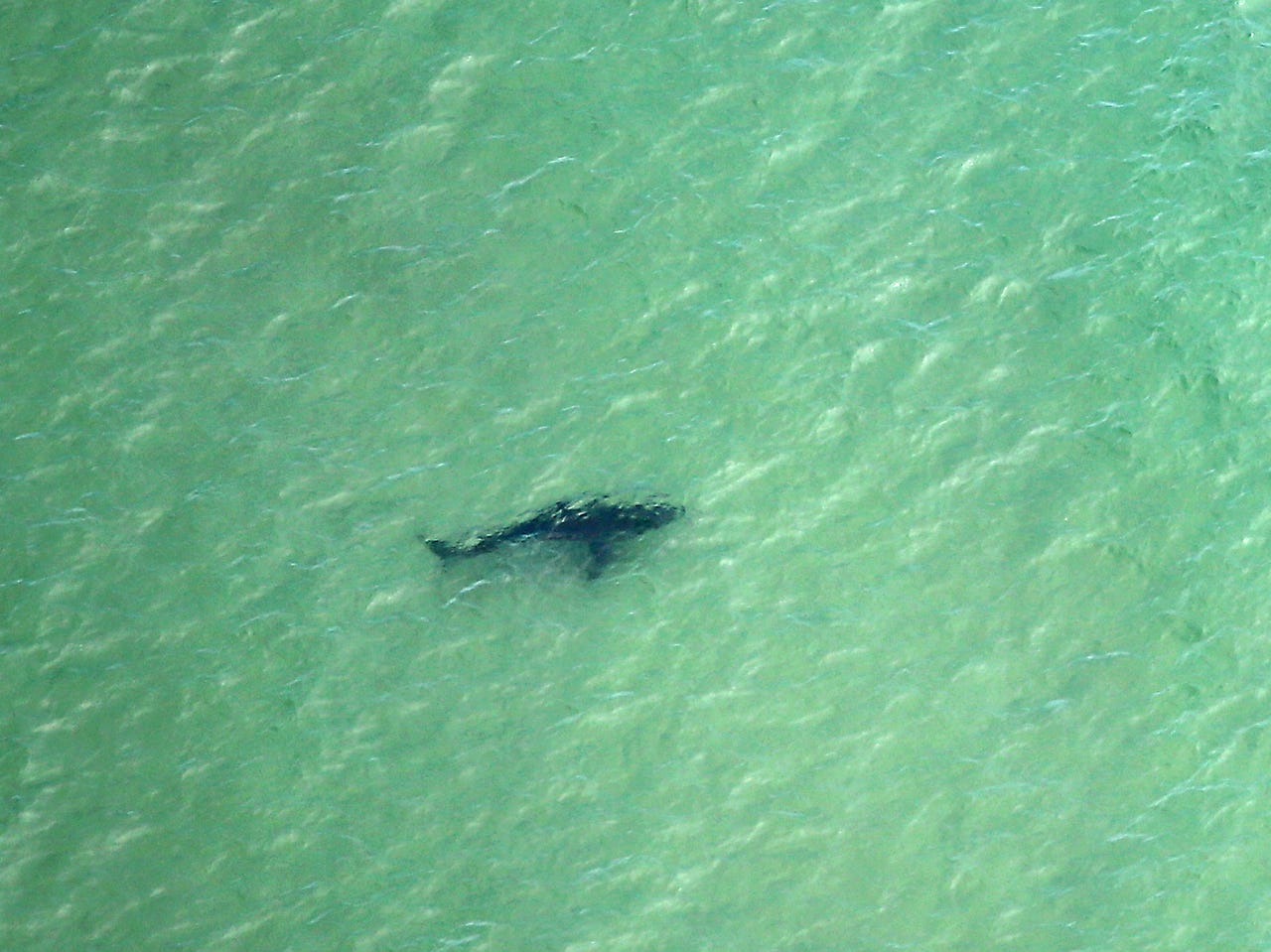More shark-spotting drones and drumlines added to NSW coastlines for AU$21.4 million


The New South Wales government has announced it will spend AU$21.4 million to expand its shark management program.
The program, which initially received AU$8 million in funding, was established last year as part of efforts to reduce shark attacks and protect marine life along the state's beaches.
Touted as the world's largest suite of shark management tools and technologies, Deputy Premier John Barilaro said the increased funding would see more shark-spotting drones, shark-management-alert-in-real-time (SMART) drumlines, and VR4G listening stations be used to monitor beaches.
In terms of numbers, this will result in 170 SMART drumlines being deployed in nearly every coastal council area, shark-spotting drones being sent out to 50 beaches, and the number of VR4G shark listening stations in operation increasing to 37.
Previously, there were drones deployed at 34 beaches, 35 SMART drumlines in locations deemed high-risk along the state's north coast, and 21 VR4G listening stations in operation.
"We have always said there is no silver bullet when it comes to protecting beachgoers from sharks in NSW, but the NSW government will now be operating the world's largest shark management program aiming to get the balance right, between keeping swimmers and surfers safe, and protecting our marine life," NSW Minister for Agriculture Adam Marshall said.
"We will also continue the deployment of shark nets as part of the Shark Meshing Program in the greater Sydney region while we measure the success of the expanded technology-led solutions," he added.
Further up the coast, Surf Life Saving Queensland and Westpac-backed Little Ripper Group have been using drones to spot crocodiles in Queensland and help prevent people from drowning in the ocean.
RELATED COVERAGE
- AU$8m fleet of shark-spotting drones and drumlines for the NSW coastline
- CSIRO using GPS to monitor Australia's wild bovine from space
- University of Sydney using cloud to prevent the Tasmanian devil from extinction
- On-screen animals getting a small piece of the royalty pie thanks to Data61
- Smart ear tags for cattle undergoes trials in Queensland